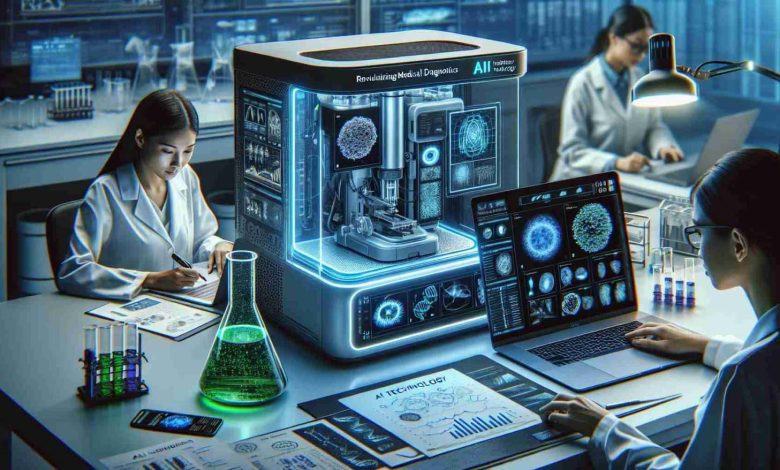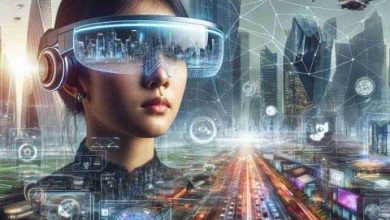The integration of AI in medical diagnosis is proving to be a game changer

Technology: As the healthcare sector continues to evolve, the integration of artificial intelligence (AI) in medical diagnosis is proving to be a game changer. This cutting-edge technology increases the speed and accuracy of medical assessments. By employing sophisticated algorithms and deep learning techniques, AI systems are able to analyze vast patient data, identify patterns, and suggest diagnoses that may be overlooked by human physicians.
Recent advances in AI have led to developments that can interpret medical images, interpret lab results, and even predict patient outcomes. These innovations are streamlining workflows in medical facilities, allowing healthcare professionals to focus more on patient care rather than administrative tasks. The introduction of AI in diagnosis aims to reduce errors and increase the efficiency of the healthcare system.
Furthermore, AI’s ability to constantly learn from new data means that its diagnostic capabilities improve over time, adapting to the latest medical research and findings. This transformative approach not only provides doctors with more accurate information but also enhances patient safety and overall treatment effectiveness.
In short, the incorporation of AI in medical diagnosis holds immense potential for the future of healthcare, promising to deliver faster and more accurate results, ultimately leading to better patient outcomes and streamlined medical practices. As research and technology advance, the healthcare community is looking forward to further breakthroughs that will redefine the way medical conditions are diagnosed and treated.





